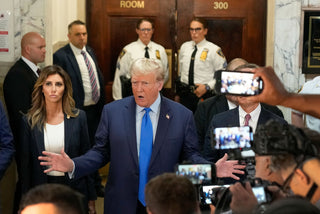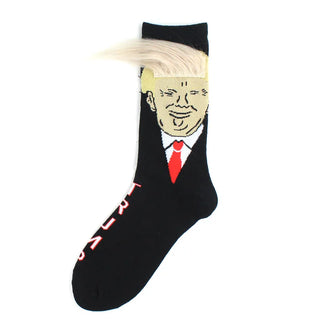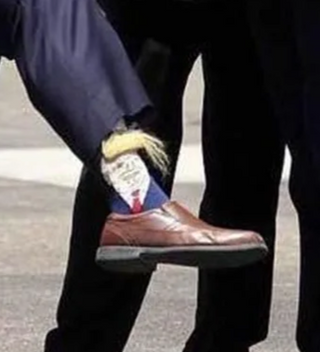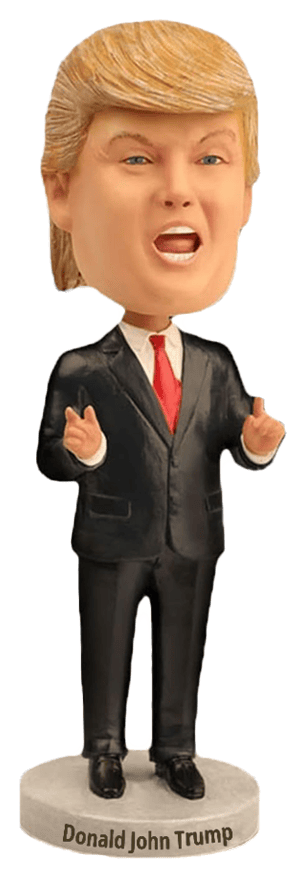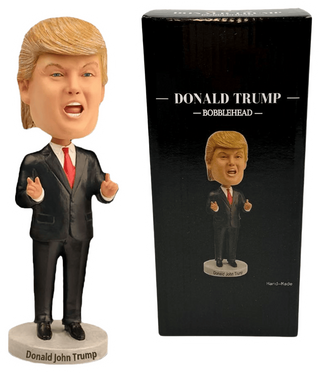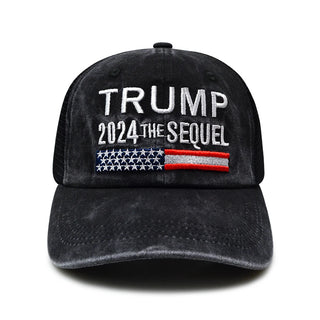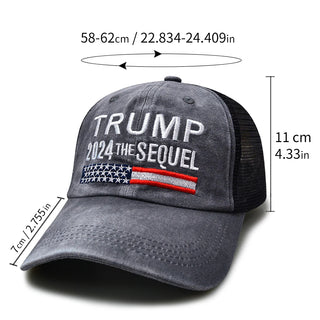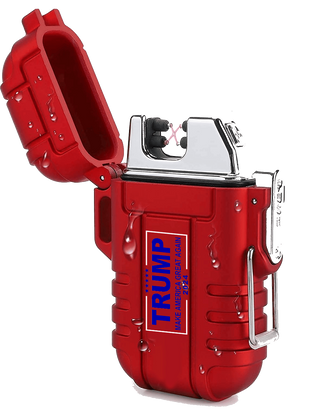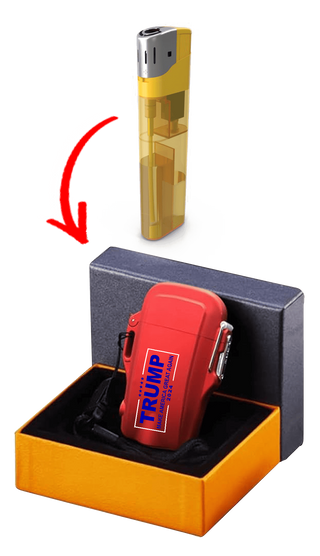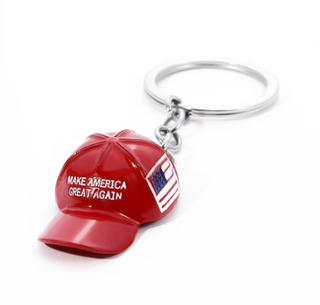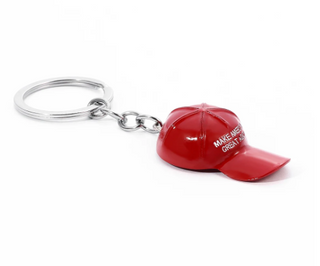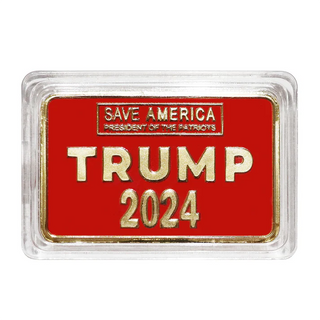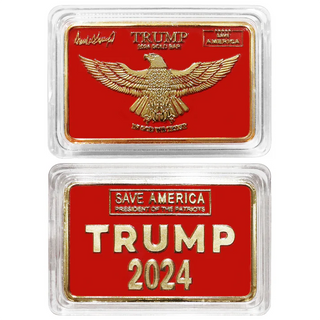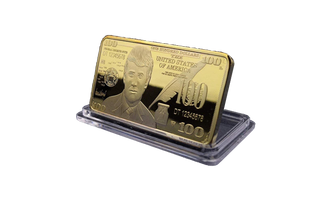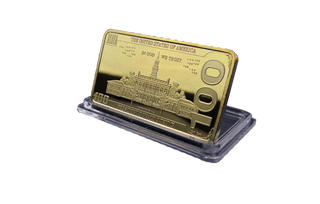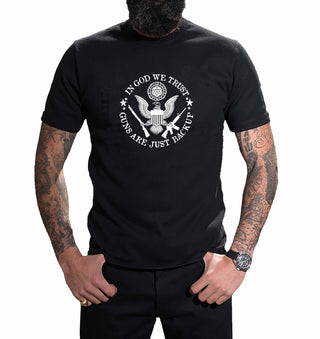Trump referred to James as a "political hack" and claimed that James was using the case as a stepping stone to get into the office of the governor. In addition to this, he chastised her for the position she is currently in, claiming that she is using the situation for political gain.
The former president then directed his ire at Engoron, claiming that his reputation was at risk and alleging that Engoron didn't understand his background by declaring, "He called me a fraud, and he didn't know anything about me." The former president stated that his reputation was at jeopardy. After that, Trump continued to contend that any disparity in property assessments between him and the court was the consequence of a fraud committed by the court itself.
In an earlier decision, Engoron ruled against Trump and found him to be culpable for several of the primary fraudulent charges that James had made. The disagreement centered on the value that should be placed on Mar-a-Lago, with Trump maintaining that the property is worth significantly more than what was determined by the court.
During a critical point in the proceeding, Engoron threatened to remove Trump from the witness stand if he continued to make speeches rather than directly answering questions that were being asked of him.
In the ongoing case involving fraud totaling $250 million, Trump is defending not only himself but also his sons Don Jr. and Eric, as well as the Trump Organization. According to the allegations made by Letitia James, the fraudulent operation lasted for decades and Trump artificially inflated his fortune by as much as $3.6 billion each year.
Ivanka Trump, the president's daughter, is going to be the last witness for the state, and she will testify. The attorneys for Donald Trump attempted to highlight the potential for him to run for president in the future by presenting a recent poll that showed him ahead of President Biden in a number of areas that are considered to be swing states.
Trump minimized the relevance of the financial records that were at the heart of the case by claiming that banks didn't pay much attention to these "statements of financial condition" and instead focused more on the deal and location when analyzing transactions. These financial documents were at the center of the lawsuit.
In conclusion, Donald Trump's evidence during the trial was distinguished by tension, accusations, and debates about financial values, with both parties fiercely presenting their points to the judge and jury.

